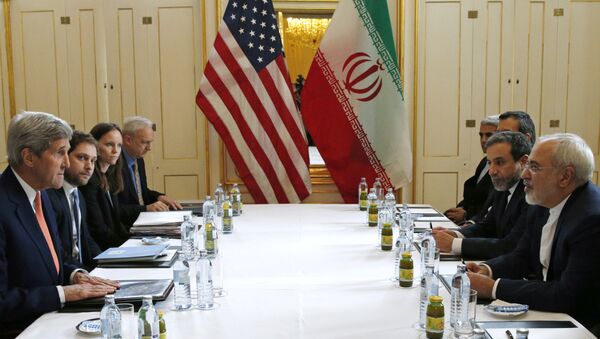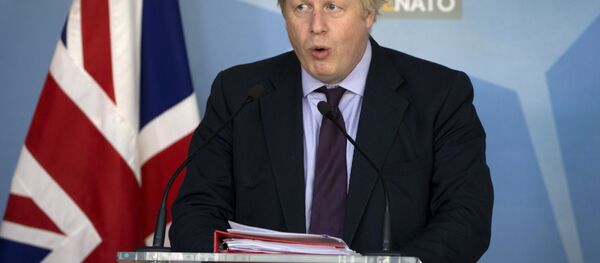Changes to the Joint Comprehensive Plan of Action will inevitably lead to disastrous consequences; Russia therefore considers keeping the JCPOA in place the only real option to maintain the status quo, Russian presidential press secretary Dmitry Peskov said.
"You know about the president's recent contacts with the German chancellor, and with the French president and other heads of state. You know the consistent line of the president, aimed at the need to preserve the JCPOA as the only real basis for further maintaining this valuable status quo. Also you know well the position of the Russian side … [and] about the inevitable disastrous consequences of any actions aimed at scrapping these agreements," Peskov told reporters.
In response to a request to clarify what was meant by "harmful consequences," Peskov said that they were characterized this way "due to the fact that a very fragile but irreplaceable system of agreements between the interested parties."
READ MORE: France, UK, Germany to Stick to Iran Deal Irrespective of US Decision
Answering the question whether Moscow tried to warn Washington against breaking the agreement, Peskov noted that "the position of President Putin is well known, it is consistent, in this case it is absolutely open, and everyone knows it well."
Iranian First Vice-President Eshaq Jahangiri said that Iran was ready for any scenario if Trump exits nuclear deal, he added that it would be "naive" to negotiate with the US again.
Trump has repeatedly criticized the Iran nuclear agreement as one of the worst deals in history. On January 30, Donald Trump asked Congress to address the flaws in the "terrible Iran nuclear deal;" subsequently in late October, the US president refused to re-certify the nuclear deal, accusing Tehran of violating the spirit of the agreement.
The foreign ministers of Germany, the United Kingdom and France have issued a joint statement saying their countries would stay in the JCPOA even if the United States pulls out of it.
On July 14, 2015, the European Union and the P5+1 group of countries — China, Germany, France, Russia, the United Kingdom and the United States — signed the JCPOA with Tehran. The accord stipulated a gradual lifting of anti-Iranian sanctions in exchange for Tehran curbing its nuclear program.



